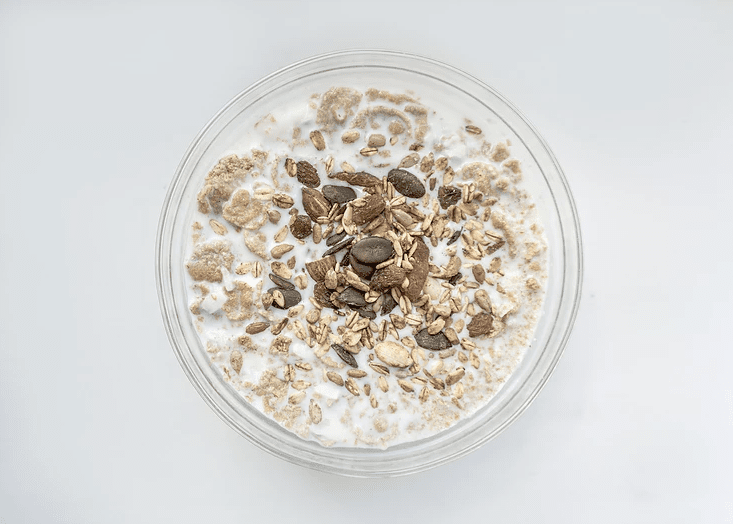Get Our FREE Ultimate Pre-Conception Fertility Checklist
Discover the supplements, lifestyle, nutrition, & environmental factors that influence your fertility health.

You may be thinking, whoah, not another long and complicated name for something not quite right with my menstrual cycle! And you would be right!
This blog is for those ladies out there diagnosed with hypothalamic amenorrhoea (HA), or for those that may suspect that they may have it and want to know more about it.

Hypothalamic amenorrhoea, also known as functional hypothalamic amenorrhoea (FHA) or hypothalamic hypoestrogenism is a form of chronic anovulation (i.e. long-term issues with not ovulating) that affects women of reproductive age. However, it is a bit different to other conditions that result in issues with ovulation like PCOS.
Let’s break down what the word means, amenorrhoea, is the absence of a menstrual cycle. And hypothalamic refers to the hypothalamus an important structure in the brain that produces a number of hormone, including gonadotropin-releasing hormone (GnRH). GnRH signals the production of other hormones like follicle-stimulating hormone (FSH) and luteinizing hormone (LH) to help eggs mature and release. It also aids in the production of oestrogen by extension. If the hypothalamus stops the production of GnRH, the amount of FSH, LSH and oestrogen are all reduced which therefore results in ovulation and menstruation ceasing, which is obviously critical for fertility but also general health and wellbeing too.

HA is tricky to diagnose as it can be easily confused with PCOS, and sometimes some people may have both! HA is often associated with stress, weight loss and excessive exercise or a combination, so often it is seen amongst recreational athletes who do not consume adequate calories each day. Or even those who were previously very active or under a lot of stress may present with this later in life. Especially those who restrict carbohydrates and/or fats from their diet.
All other causes of anovulation and amenorrhoea need to be excluded before you get a HA diagnosis, a process similar to irritable bowel syndrome (IBS). If you suspect this may be the case for you, get your GP to test your LH, FSH, oestradiol, androgens, insulin levels and blood glucose levels and get an ultrasound done. Then head to a gynaecologist or endocrinologist for interpretation of these results.
HA has a number of health consequences:
Sometimes, the oral contraceptive pill (“the pill”) is used to help regulate menstrual cycles, however, this can, in fact, mask the problem and if inadequate calorie or energy intake continues, this also does not help protect the bones of women.
Read more about why women need to pay attention to their bone health much earlier than we think.
The ultimate goal in HA management is to re-establish regular menstruation and ovulation, this is often complicated when PCOS is also going on at the same time. However, the good news is that a lot of the management for HA can be done through lifestyle changes when supported by a multi-disciplinary team which may include your medical team (GP, gynaecologist and/or endocrinologist), dietitian and psychologist. Psychology may need to be involved when struggling to improve nutritional intake due to disordered eating patterns.
The key lifestyle strategies for managing HA include:

It is important to seek help from a multi-disciplinary team of medical, nutrition and mental health professionals to get the best outcomes for women with HA and for those that suspect this may be an issue for them, to go and get it checked out.
If you are looking for a dietitian on your HA care team that can assist with making these changes, apply for one-on-one support with us and learn more about our Recovery Your Period Program here.
Health care professionals can read more about treating HA using the latest clinical practice guideline here.